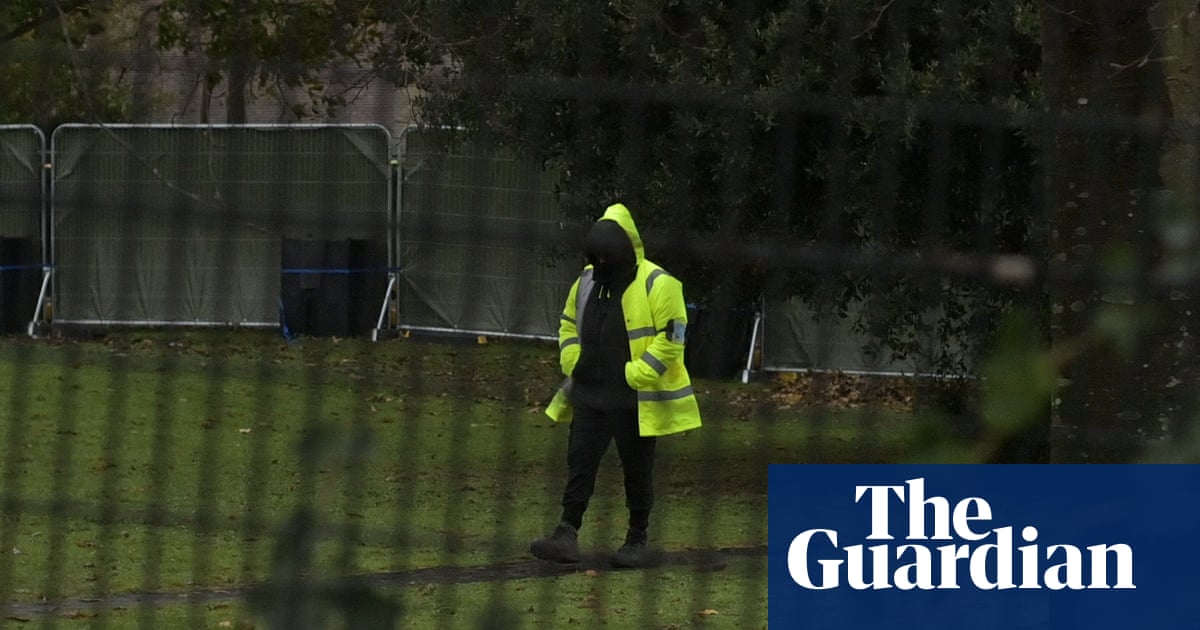
There are calls for an urgent Holyrood inquiry into more than 100 instances of alleged police intimidation, harassment and aggression towards activists at the Cop26 summit in Glasgow, as a report challenges Police Scotland’s insistence that it would carry out a human rights-based operation.
Supported by the Scottish Greens – now government partners after their post-election deal with the Scottish National party – an extensive report by the Network for Police Monitoring (Netpol) and the Article 11 Trust argues that “systemic abuses of power” demand critical consideration by MSPs after Police Scotland’s repeated insistence that policing of protests at November’s climate conference would be “human rights-based” and “welcoming, friendly and proportionate”.
The Scottish Greens MSP Maggie Chapman said the report, published on Thursday, was “very concerning”.
“Police Scotland promised to put human rights at the heart of their operations at Cop26, but some of the alleged tactics and abuses documented by Netpol and Article 11 are very worrying. They seem totally disproportionate and should have no place in the policing of peaceful protest,” she said.
“Accountability is vital, and so is getting to the truth of the matter. We need to learn from what has happened to ensure that it is not repeated. That is why I support the calls for an independent parliamentary inquiry and will explore it further with colleagues on the criminal justice and equalities, human rights and civil justice committees.”
During the summit, the Guardian reported how accumulated incidents of police intimidation were creating “an atmosphere of fear and repression” on the streets of Glasgow and had a chilling effect on protest, according to campaigners and monitoring groups.
The assistant chief constable Gary Ritchie said officers had “enjoyed very positive engagement and constructive relationships with the vast majority of people” who had come to Glasgow to “have their voices heard and engage in peaceful protest”, with fewer than 100 arrests.
“In general, the vast majority of people who wanted to have their voice heard and protest in relation to Cop26 have been able to do so safely and peacefully. The very small minority who wanted to cause more major disruption have been appropriately, and proportionately, dealt with.”
Drawing from 120 witness statements from campaigners, members of the public and legal observers, the report highlighted a number of areas of concern.
It noted that the event’s gold commander, assistant chief constable Bernard Higgins, told the Scottish police authority after the summit that people in two “containments” – which activists described as “kettling” – were not being held “against their will”. But the report claims witness statements refute this, with individuals refused exit for many hours without access to food, water, appropriate clothing and toilets, instead being forced to urinate in the street.
It also raised concerns that throughout the conference, stop and search powers were used “in a seemingly arbitrary way and, it appears, as an intelligence-gathering tool”. Campaigners and members of the public also reported “intrusive and intimidating” surveillance, with activists “followed, filmed and unlawfully harassed to give personal details”.
The report also claimed legal observers at protests were frequently prohibited from carrying out their duties and that on several occasions officers obstructed their view or threatened them with arrest.












